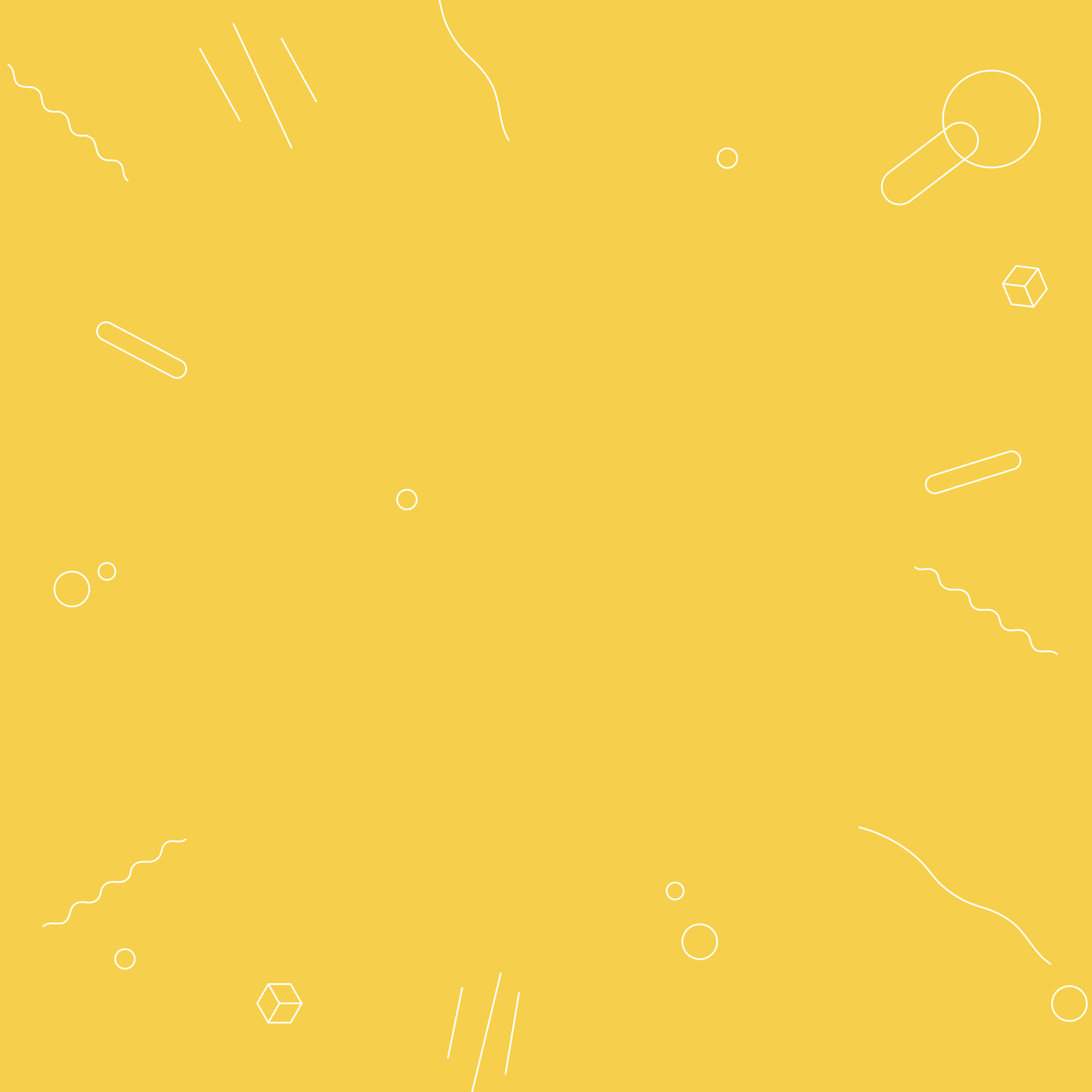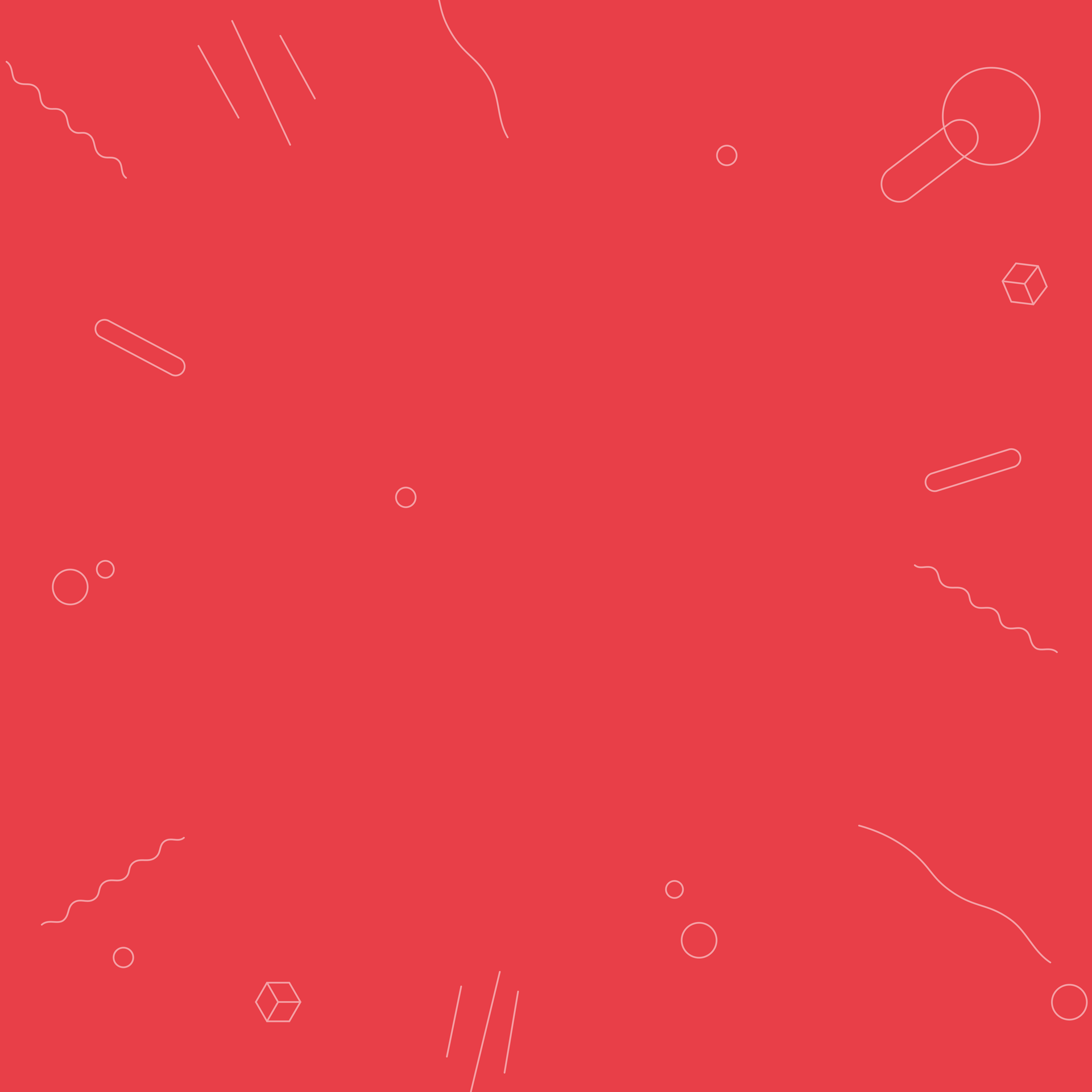Master of Science (MSc) in Sustainable Fisheries and Aquaculture
With an MSc Eng in Sustainable Fisheries and Aquaculture, you can contribute to sustainable harvest and production of fish and shell-fish, assessment and management of human impact and environmental change as well as cutting-edge research on aquatic ecosystems, traits of their inhabitants, and their impact on global climate.
This programme focuses on the sustainable utilization of the aquatic environment and its resources, and the development of sustainable aquaculture production.
It centres on fisheries, oceanography, and the management of aquatic resources—and addresses the challenges associated with sustainable fisheries and aquaculture as well as maintenance of healthy ecosystems under changing environments.
The MSc in Sustainable Fisheries and Aquaculture is based at the DTU campus in Hirtshals - right by the sea and close to the Danish fishing and aquaculture industry. This is the ideal opportunity for you if you want to stay up to date with the latest research while doing exciting work in the field.
Industry Master of Science
Combine work with study!
This programme is also available as an industry master's programme, combining part-time study with a part-time job - an opportunity to apply your academic knowledge in real-world settings and build a strong foundation for your future career.
Learn more about the Industry Master of Science







